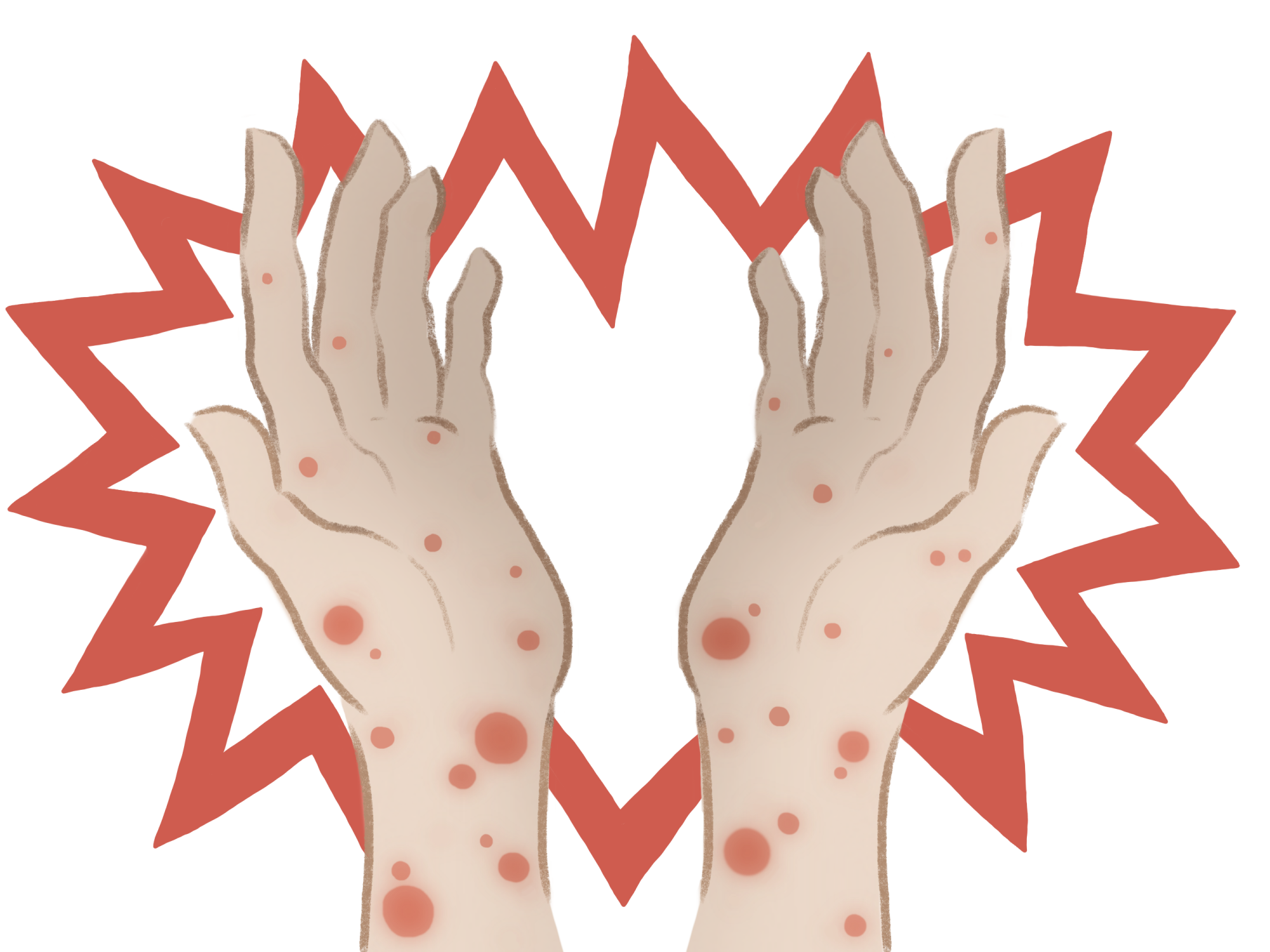Be aware that the first ^ in this answer gives the regex a completely different meaning: · normally the dot matches any character except newlines. \s* any number of whitespace characters a comma \s* any number of whitespace characters which will split on commas and consume any spaces either side · specifically when does ^ mean match start and when does it mean not the following in regular expressions? · what does \d+ mean in a regular expression?\d is a digit (a character in the range [0-9]), and + means one or more times. That regex \s*,\s* means: · in regex in general, ^ is negation only at the beginning of a character class. If youre using javascript, which doesnt … · i was wondering if i could get a regular expression which will match a string that only has alphabetic characters, and that alone. Thus, \d+ means match one or more digits. From the wikipedia article and other references, ive … So if. * isnt working, set the dot matches newlines, too option (or use (?s). *). It makes the regular expression look only for matches starting from the beginning of the string. In case it is js it indicates the start and end of the regex, like quotes for strings. For example, the regex [0-9] matches the strings 9 as … · the regex compiles fine, and there are already junit tests that show how it works. Unless cmake is doing something really funky (to the point where calling their pattern matching … By putting ^ at the beginning of your regex and $ at the end, you ensure that no other characters are allowed before or after your regex. Its just that im a bit confused about why the first question mark and colon are there.
Regex Optional Character: The Secret Trick You Need To Know!
Be aware that the first ^ in this answer gives the regex a completely different meaning: · normally the dot matches any character except newlines....









